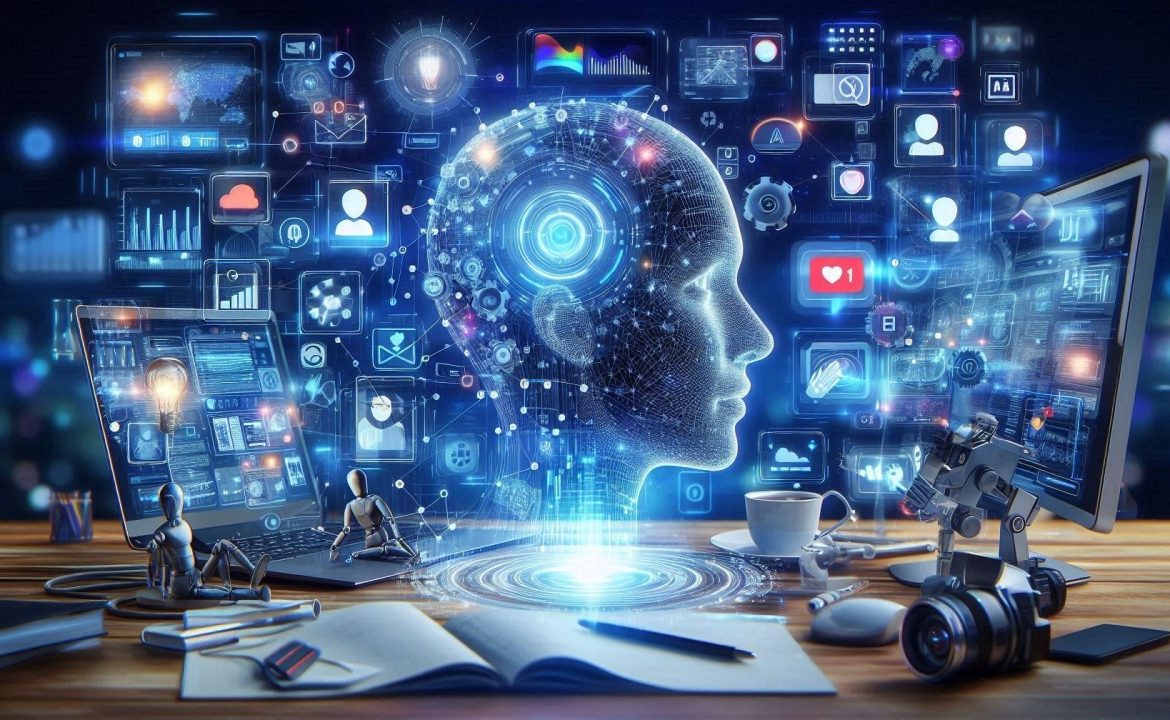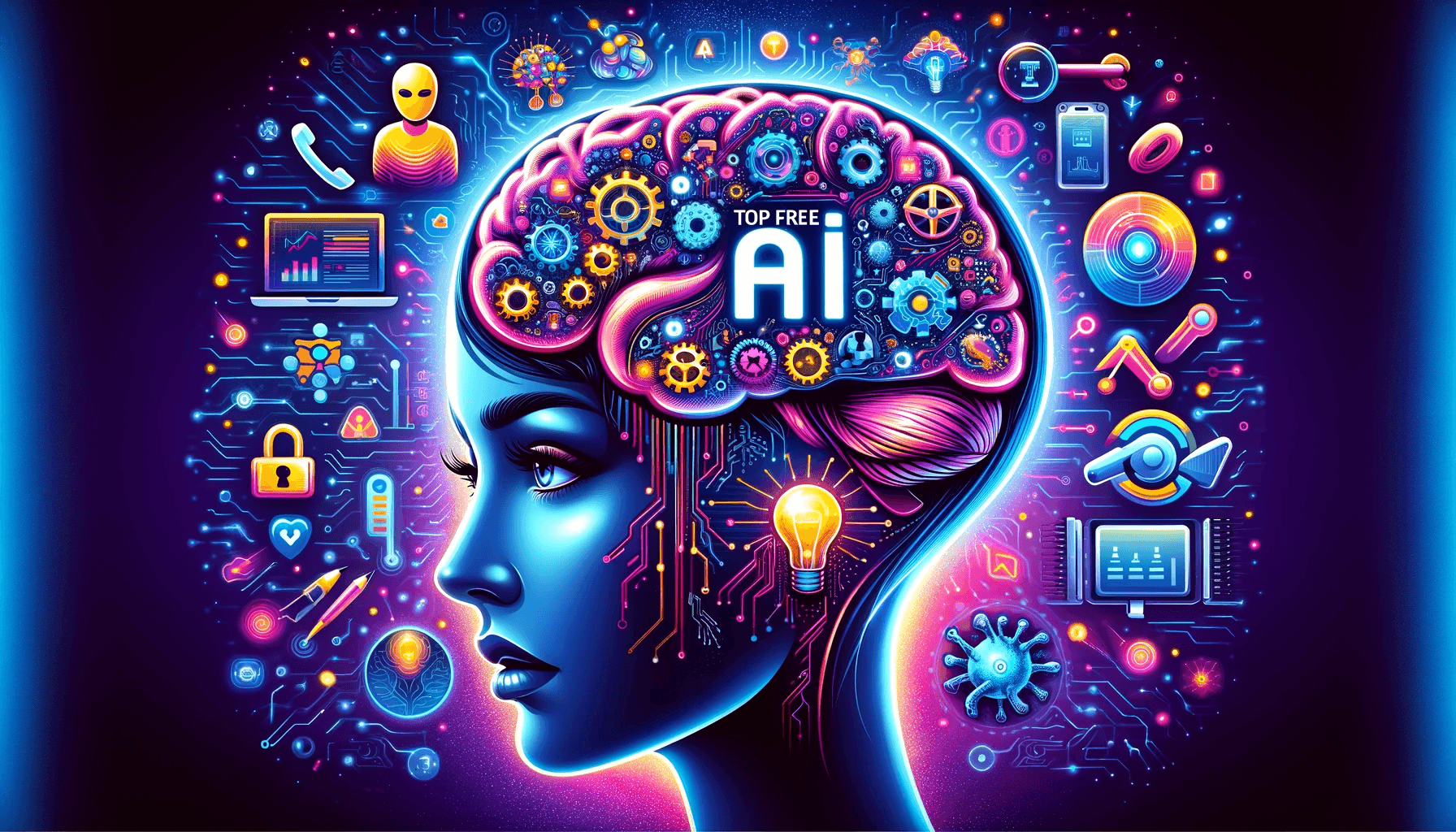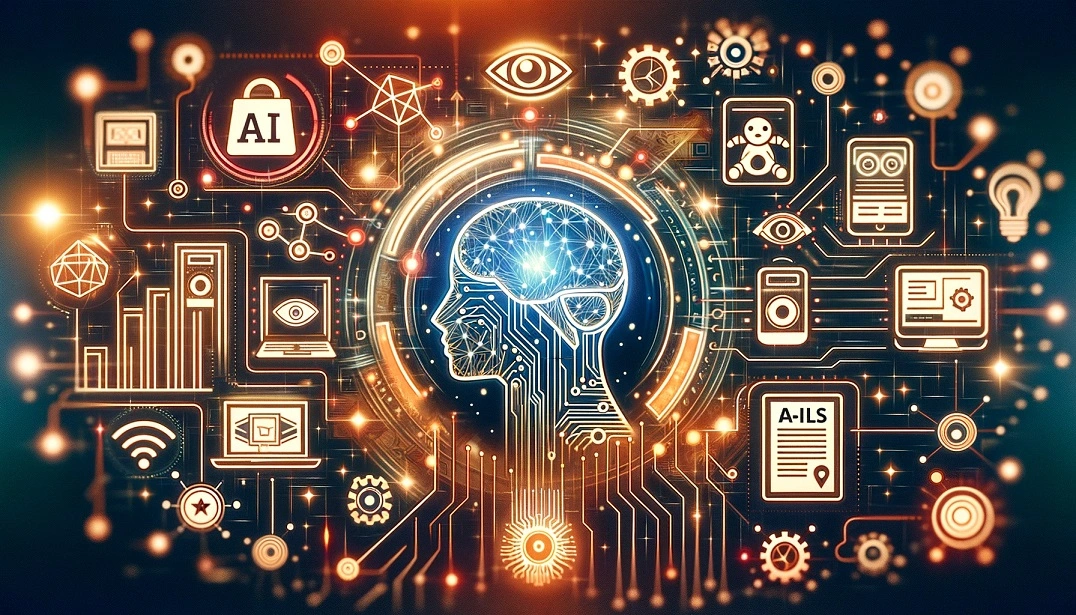Artificial Intelligence (AI) is deeply woven into the fabric of modern social media platforms. From personalized recommendations to content moderation, AI enhances user experiences—but it also introduces complex challenges. As AI continues to evolve, understanding these issues is crucial for ensuring ethical and responsible use across digital spaces.
What Is the Role of AI in Social Media?
AI in social media involves machine learning algorithms, natural language processing (NLP), and data analytics that automate and optimize various platform functions. These include targeted advertising, newsfeed curation, spam detection, chatbots, and influencer identification. While AI boosts efficiency and engagement, it also raises significant concerns.
Key Challenges of AI in Social Media
Misinformation and Fake News
AI can both combat and spread misinformation. Algorithms often prioritize content that drives engagement, which can include sensational or misleading information. Additionally, AI-generated content such as deepfakes or fake articles can go viral, making it harder to distinguish real from fake.
Privacy and Data Exploitation
AI relies heavily on user data to function. However, this raises serious concerns about data privacy, consent, and surveillance. Users often have limited understanding or control over how their personal information is collected and used by AI systems.
Algorithmic Bias
AI systems can inherit biases present in their training data, leading to unequal representation and treatment of users. This can result in discriminatory content recommendations, biased moderation, or the suppression of minority voices.
Content Moderation Dilemmas
Automated moderation tools often struggle to distinguish between hate speech, satire, or contextually sensitive posts. While AI helps remove harmful content at scale, it can also lead to censorship or the unjust removal of valid expressions.
Mental Health Impacts
AI-driven algorithms are designed to maximize engagement, often showing users content that reinforces their emotions or behaviors. This can lead to echo chambers, increased anxiety, addiction, or low self-esteem—especially among younger users.
Loss of Human Oversight
As AI becomes more autonomous, the role of human decision-makers diminishes. This can lead to a lack of accountability when AI systems make mistakes or cause harm, such as promoting harmful trends or wrongly banning accounts.
Manipulation and Echo Chambers
AI curates content to match users’ preferences, which can create filter bubbles where individuals are exposed only to opinions similar to their own. This deepens polarization and reduces open discourse on important social and political issues.
Conclusion
While AI enhances the speed, scale, and personalization of social media, it also brings with it serious challenges related to misinformation, privacy, bias, and mental well-being. Addressing these issues requires transparency, human oversight, and ethical design principles. As AI continues to shape the digital social landscape, striking a balance between innovation and responsibility is more critical than ever.







Leave feedback about this